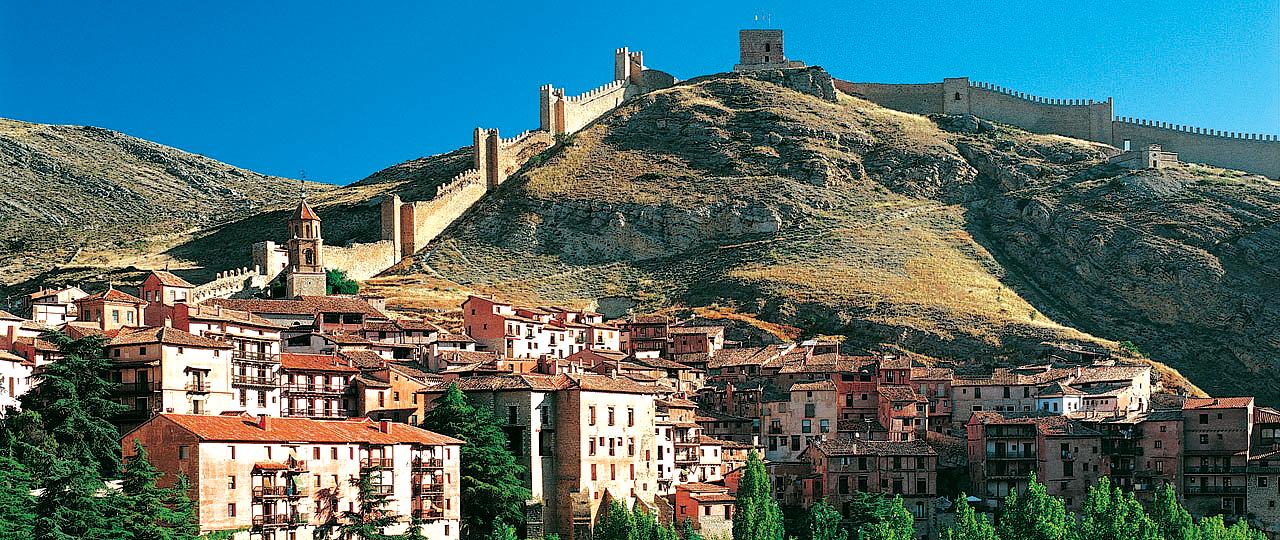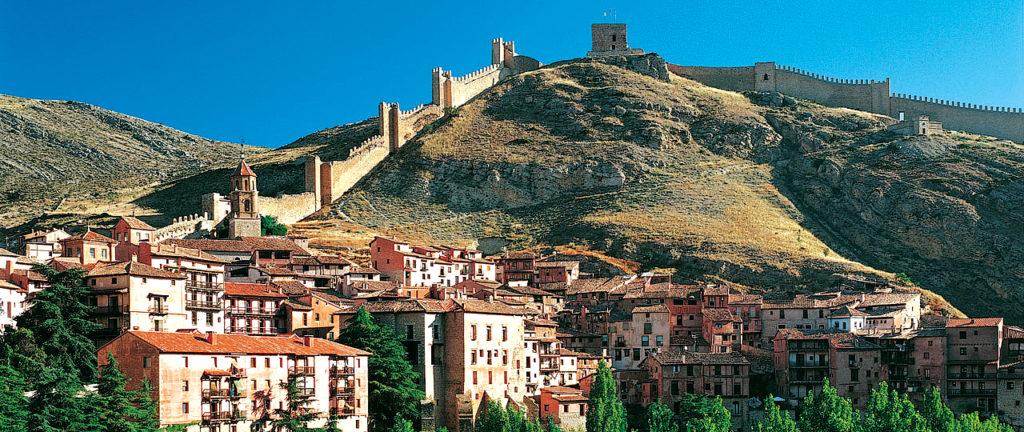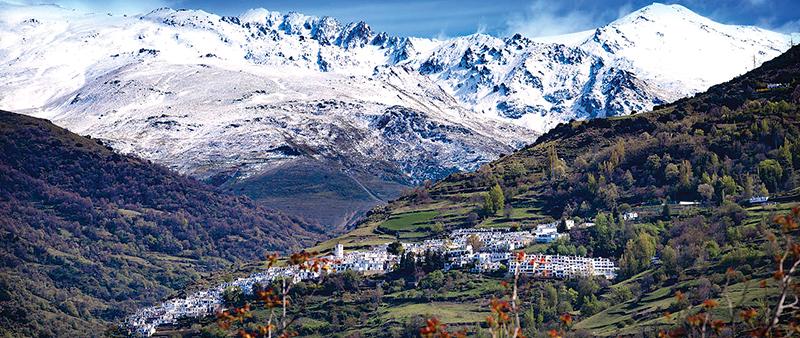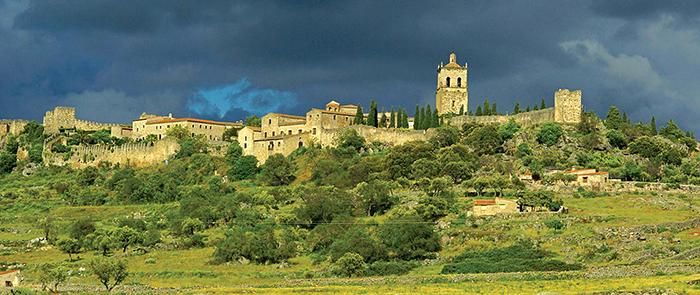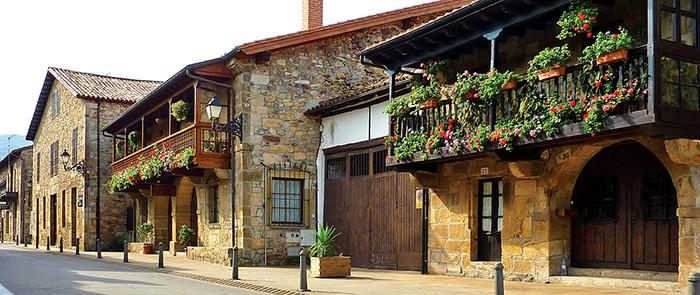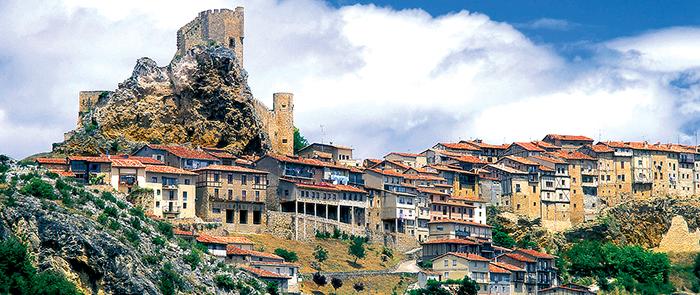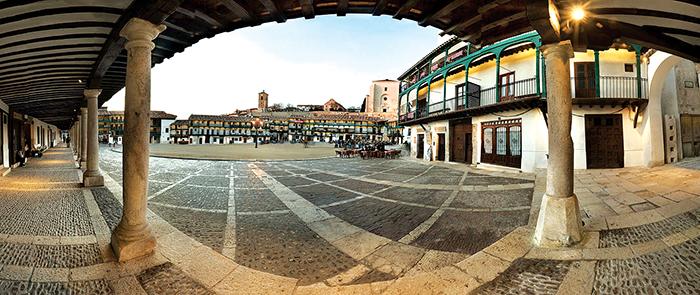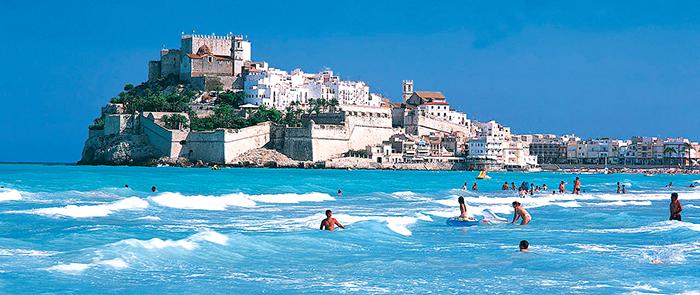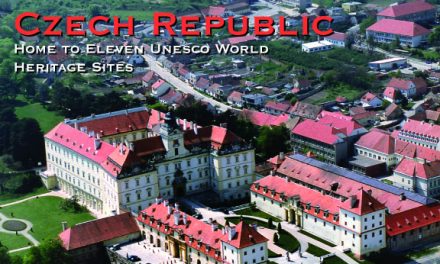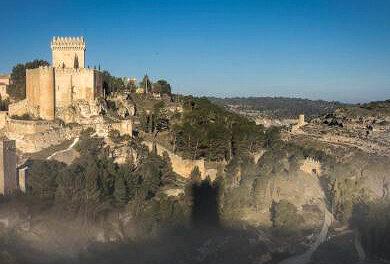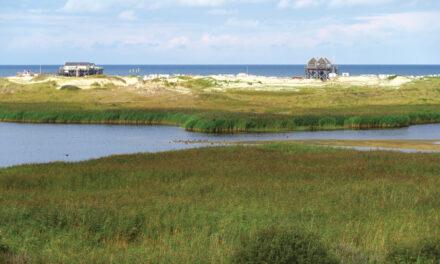- Albarracín, Aragon
- Capileira, Granada
- Trujillo, Extremadura
- Liérganes, Cantabria
- Frías, Castilla y León
- Chinchón, Region of Madrid
- Peñíscola, Region of Valencia
Spain
Spain – 17 Unique Destinations to Experience
Spain is full of charming villages, especially in rural areas. These postcard places encourage you to get lost in their small streets, discover their architectural treasures and enjoy the welcoming atmosphere and traditions of their people. With more than 8,000 towns, it would be impossible to name them all, but this list contains 17 of the most beautiful places, one for each region.
Capileira, Andalusia
In the heart of La Alpujarra and within the Sierra Nevada National Park, this small village in Granada province is 1,500 metres above sea level, with spectacular views of the Poqueira gorge and the peaks of Cerro Mulhacén and Pichacho Veleta from its viewpoints. The town is notable for its traditional whitewashed Andalusian houses and several heritage buildings such as the church of Nuestra Señora de la Cabeza and the Pedro Antonio de Alarcón museum house.
Albarracín, Aragon
This unique place, nominated as a World Heritage site by UNESCO, is 1,182 metres high. The typically reddish houses in the old part of this town create narrow streets that frequently open up to improvised viewpoints where you can see the landscape. The village of Albarracín has been built on the side of a mountain and its peculiar hanging houses look out over the Gualaviar river, which almost completely surrounds the town. The protected landscape of the Pinares de Rodeno and several areas of cave paintings surround the town.
Tejeda, Canary Islands
This town is situated inside one of the largest volcanic craters in the Canary Islands. It is notable for its spectacular scenery, including Roque Nublo, one of the symbols of Gran Canaria. This is a monolith that was created during the volcanic processes that took place on the island. Just a few kilometres from here is Roque Bentayga, a larger natural monument which was once a sacred place for the native people of the Canary Islands. Its natural beauty is combined with the historical aesthetics of its white buildings and traditional roofs to make Tejeda one of the places where the aesthetics of the Canary Island villages are preserved.
Liérganes, Cantabria
This village contains valuable classicist architecture from the 17th and 18th centuries and is located at the foot of two small hills: Marimón and Cotillamón, commonly known as “Las Tetas de Liérganes”. Its old town, known as “El mercadillo”, has vernacular mansions, palaces and churches. It also has a famous spa, which uses water from the Miera river.
Almagro, Castilla – La Mancha
The history of this city, whose Arabic name alludes to the red clay used to construct some of the buildings, is tied to the theatre. The Corral de Comedias is the only theatrical courtyard that has remained intact and active, providing interesting dramatised tours, since the early 17th century. It is worth visiting the National Theatre Museum and attending the International Classical Theatre Festival, which attracts hundreds of tourists every year. The Plaza Mayor is also exceptional, and is one of the most beautiful squares in Spain with its columns and green-painted windows.
Frías, Castilla y León
Situated on a rock on the edge of the Ebro river, Frías is the smallest village in Spain. The village is outlined by the Humión peak, the tallest in the Montes Obarenes Nature Reserve. Its architecture mixes Roman and Medieval elements, most notably on Los Velasco castle and the church of San Vicente Martír. In between these buildings, its hanging houses crowd together.
Chinchón, Region of Madrid
Despite being only 50 kilometres from the capital city, Chinchón is one of the most picturesque villages with the most personality in the region. Its Plaza Mayor, with its irregular shape and medieval style, together with its urban landscape of intricate alleyways and clusters of houses grouped together on hills, makes it an essential trip. Its most notable tourist attractions include the church of Nuestra Señora de La Asunción, with a Goya canvas in pride of place over the main altar; the Clock Tower, the Lope de Vega Theatre, the castle of Los Condes, the monastery of San Agustín and the convent of Las Clarisas.
Ujué, Navarre
Visiting this village situated in the Ujué sierra is like travelling back in time. Its narrow, labyrinthine streets and houses made of limestone transport visitors back to medieval times. In the centre of the old town is the Santa María Church, where the Romanesque and Gothic styles are mixed together. Not far from there is the Castillazo, where the Carlos II University was once located, and where remains of ancient fortifications can still be found.
Peñíscola, Region of Valencia
This medieval city, located on a rocky peninsula, is a fortress in the sea that is protected by a proud Templar castle, the Papa Luna. The old town is made up of narrow streets that conceal surprises such as the “bufadores” (erosions in the stone so that the water from the Mediterranean seems to spit), and other notable monuments including the parish church and the Portal Fosc. Peñiscola also has a coastal part which can be discovered by visiting its fantastic beaches, the port and the Sea Museum.
Trujillo, Extremadura
This town is in the heart of Extremadura and is known as a “cradle of explorers”. Francisco Pizarro (discoverer of Peru) and Francisco de Orellana (discoverer of the Amazon) were born here. The town centre is on Cabeza de Zorro hill, where you can wander around the alleyways that lead to the Plaza Mayor, which is surrounded by colonnades and crowned by an impressive statue of Pizarro on a horse. After visiting the Plaza Mayor, it is time to start climbing up to the highest part of Trujillo, where you will find its famous castle. A good amount of the defensive wall has been preserved and it provides amazing views of the surrounding areas.

